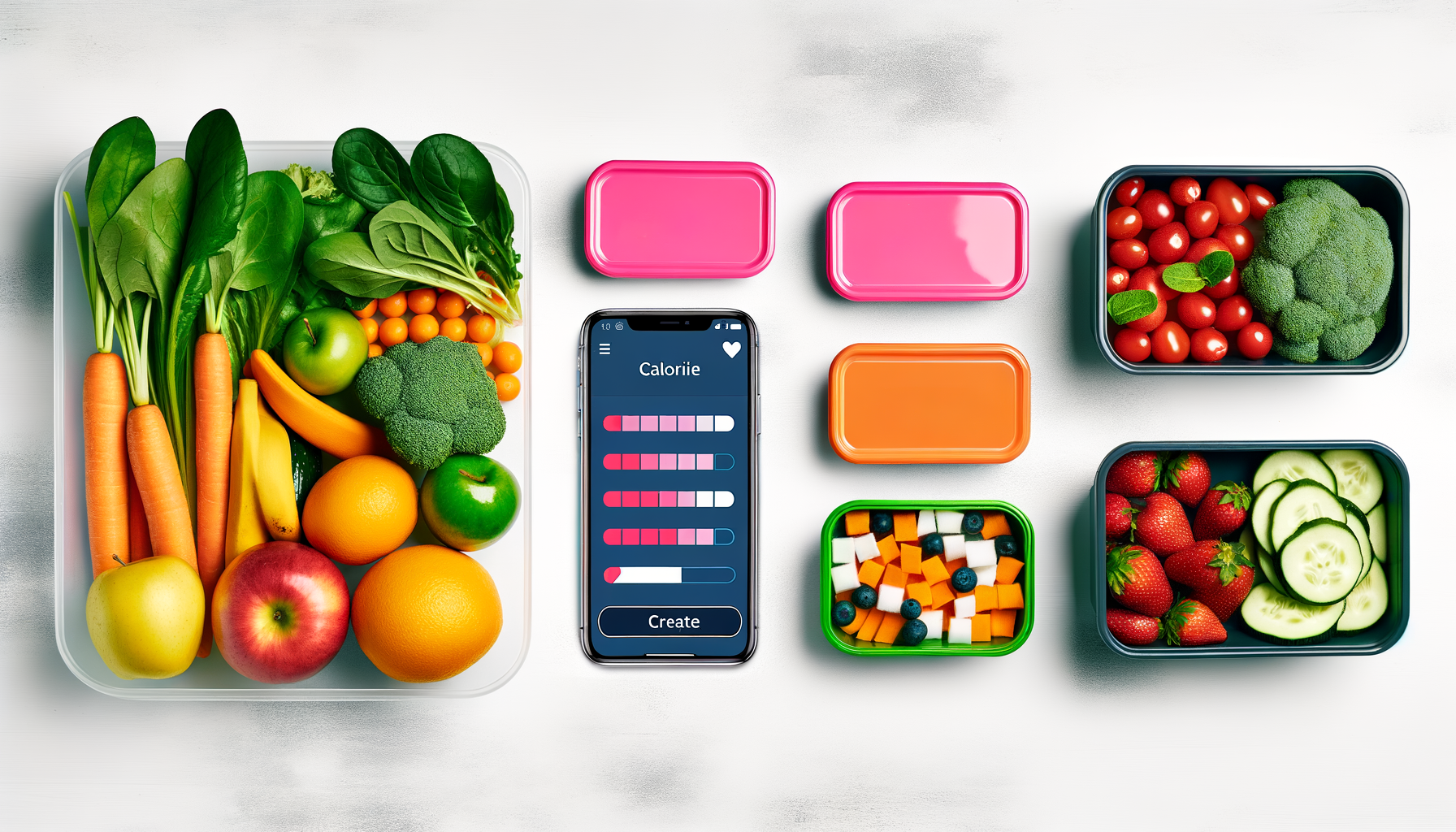Use a WordPress Calorie Calculator to Support Weight Gain Goals
Understanding the Role of a Calorie Calculator in Weight Gain
When it comes to achieving weight gain goals, meticulous nutrition planning is essential. Unlike weight loss, where calorie deficits are the focus, weight gain requires a well-managed calorie surplus tailored to individual metabolism and lifestyle. This is where a WordPress calorie calculator plugin becomes invaluable. It provides an interactive, personalized tool on your website to help users estimate their daily calorie needs accurately for healthy weight gain.
By calculating Basal Metabolic Rate (BMR) and factoring in activity levels, these calculators offer tailored guidance that supports effective nutrition planning. For example, the WP Calorie Calculator uses the scientifically proven Mifflin–St. Jeor formula, which considers body mass, height, age, and sex, to determine precise calorie requirements. This ensures users get recommendations that align closely with their metabolism and fitness goals.
Key Benefits of Using a WordPress Calorie Calculator Plugin for Weight Gain
- Personalized Calorie Targets: Tailors calorie intake goals to individual user data, enabling realistic and healthy weight gain strategies.
- Easy Integration: Plugins like WP Calorie Calculator or Formidable Forms offer simple shortcodes or widgets that can be embedded anywhere on your WordPress site — posts, pages, or sidebars.
- Engagement and Retention: Interactive tools encourage repeat visits as users track progress and adjust intake according to changing goals.
- Lead Generation: Plugins with email capture options help transform visitors into leads, ideal for health and fitness bloggers, trainers, or nutritionists looking to grow their audience.
- Supports Comprehensive Nutrition Planning: Helps users balance macronutrients and calories, essential for effective muscle gain and overall health.
How to Implement a Calorie Calculator for Weight Gain on Your WordPress Site
Step 1: Choose the Right Plugin
Choosing a feature-rich, reliable calorie calculator plugin is vital. Consider options like the WP Calorie Calculator for its ease of use and accuracy, or the Diet Calorie Calculator for advanced integrations such as email marketing through Klaviyo. For more customization, Formidable Forms offers powerful drag-and-drop capabilities for building your own calculator tailored to your audience’s needs.
Step 2: Configure Settings to Support Weight Gain Goals
After installation, configure the plugin to allow users to select weight gain as their goal, and adjust activity levels accordingly. Most plugins, including WP Calorie Calculator, provide dropdowns or toggles for lifestyle and weight goals. This enables personalized calorie targets that reflect both basal energy needs and surplus calories required for weight gain.
Step 3: Embed the Calculator Strategically
Place the calculator where it’s most visible and engaging. For instance, include it in blog posts about nutrition planning, dedicated weight gain guides, or your website’s sidebar. Using the shortcode (like [ci_calorie_calculator] for some plugins) makes embedding straightforward, ensuring users can quickly access the tool as they read related content.
Step 4: Provide Nutritional Guidance Alongside the Calculator
Complement the calculator with actionable advice on nutrition. Explain the importance of macronutrient balance—protein, carbohydrates, and fats—in facilitating lean muscle gain versus just fat accumulation. Provide meal plan examples or link to external trusted resources like ChooseMyPlate.gov or EatRight.org for evidence-based diet planning.
Real-World Application: Case Study of a Fitness Blog
Take the example of a popular fitness blog that integrated the WP Calorie Calculator plugin to support their community’s weight gain efforts. By embedding the calculator on their “Nutrition for Muscle Gain” page, they provided a practical tool for visitors to calculate personalized calorie requirements based on their unique stats and activity levels.
To boost engagement, the blog also implemented email capture via the plugin’s marketing integrations, offering personalized meal plans in exchange for newsletter signups. This strategy not only increased site traffic but converted casual visitors into loyal subscribers who regularly returned for updated content and tools.
Furthermore, by pairing the calculator with in-depth articles on macronutrient timing and recovery nutrition, the blog enhanced its authority in the health and fitness niche, driving organic growth and expanding its audience.
Optimizing User Experience and SEO with a Calorie Calculator
Embedding an interactive calorie calculator plugin on your WordPress site is also a boon for SEO. Google values user engagement and onsite time, both of which increase when visitors interact with tools like calorie calculators. This contributes to better search rankings, making it easier for prospective users seeking weight gain and nutrition planning solutions to find your site.
Additionally, regularly updating your content with keyword-rich, expert-driven blog posts about weight gain strategies, nutrition planning, and calorie management paired with the plugin can attract organic traffic. Resources like Healthline and Medical News Today provide reliable content ideas that you can adapt to your niche.
Conclusion: Empower Your Audience with the Right Tools
Incorporating a WordPress calorie calculator plugin into your website is a strategic move to support users striving for weight gain through personalized nutrition planning. This interactive approach not only empowers visitors with actionable data but also increases your site's engagement and lead generation potential.
Explore the WP Calorie Calculator Plans to find a solution that fits your needs and start transforming your WordPress site into a go-to resource for weight gain and nutrition guidance today.
For further insights and to maximize your site's health and fitness impact, check out additional tools and tips available at the WP Calorie Calculator Blog.











